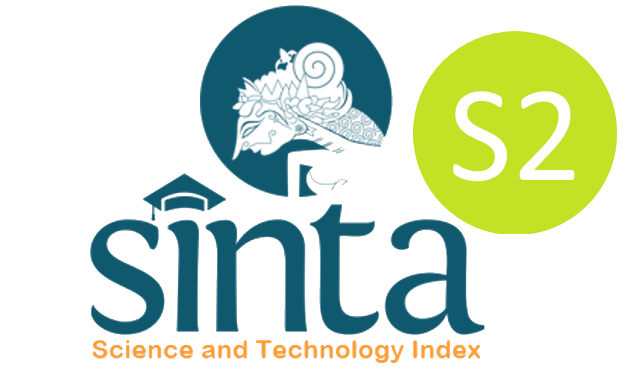Abstract
The study investigates the social-demographic factors influencing exclusive breastfeeding predisposition among employed nursing mothers in the urban area of the Ibadan metropolis. The investigation embraced a cross-sectional survey plan. The targeted populace were mothers who have newborn children between 0-6 months old and living with family members, attending private or public hospitals in Ibadan North LGA, Oyo State. Three hundred (300) urban nursing mothers were sample in the study through purposive sampling technique from among the nursing mothers attending immunization and postnatal clinics in private and public hospitals. The average age was 30.33 years (S.D = 5.8). The average number of pregnancies experienced was 4.56 (S.D = 2.34). 2.1% were single, 76.9% were married, 15.15 separated, and 5.5% were widowed. The average family size was 6.92 ± 2.11. The Nursing mothers responded to questionnaires probing for socio-demographic characteristics and Attitude towards exclusive breast-feeding scale (α = .71). The Objectives of the study were tested Multiple Regression Analysis (MRA) at 0.05 level of significance. Sociodemographic characteristics on attitude towards exclusive breastfeeding behavior (R2 = 0.30, F (9,236) = 9.82, p< .01). Maternal age (β = -.26, t= -3.80) and parity (β = -.31, t= -3.83) predicted nursing mothers on attitude towards exclusive breastfeeding behavior. It was advised that Health care specialists must be alive to their obligations in infant nutritional instruction and health advancement to the mothers of under-fives and the overall general public.
Recommended Citation
Ishola, Ajibola Abdulrahamon; Adekunle, Kenku Akeem; and Temitope, Aroyewun Folashade
(2019)
"Social-Demographic Factors Influencing Exclusive Breastfeeding Attitude among Working Nursing Mothers in Urban Areas Of Ibadan, Oyo State,"
Psychological Research on Urban Society: Vol. 2:
No.
2, Article 8.
DOI: 10.7454/proust.v2i2.51
Available at:
https://scholarhub.ui.ac.id/proust/vol2/iss2/8







